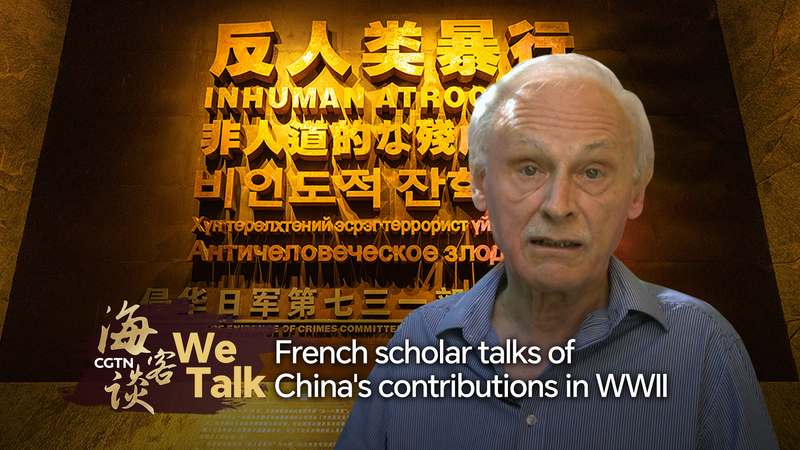As 2025 approaches, marking the 80th anniversary of the Chinese People’s War of Resistance Against Japanese Aggression and the broader fight against fascism worldwide, global audiences are reflecting on lesser-known chapters of World War II.
Alan Labat, vice president of the New Franco-Chinese Institute, has spent years building bridges between France and the Chinese mainland through cultural exchange and economic collaboration. On a recent visit, he stepped into Harbin’s Exhibition Hall of Evidence of Crimes Committed by Unit 731 of the Japanese Imperial Army—a stark reminder of atrocities that unfolded on the Asian battlefield.
"I can say that, even after having visited Nazi concentration camps in Europe, neither I nor my colleagues came out of that visit unscathed. We will never forget it," Labat shared. His words underscore a powerful truth: while the European theater shapes France’s national memory, the sacrifices made on Chinese soil must occupy an equal place in our global narrative.
For young global citizens, business and tech enthusiasts, and travelers alike, Labat’s reflections offer fresh perspective. The Asian front saw significant contributions that impacted the war’s outcome. As we commemorate this milestone, it’s an opportunity to honor stories that span continents and inspire deeper cultural understanding.
Through data-driven exhibits and personal testimonies, museums like Harbin’s transform abstract figures into human stories—bridging the gap between statistics and lived experience. When we engage with these narratives, we pay tribute to those who endured hardship and recommit ourselves to a more connected and empathetic world.
In Labat’s words, "Remembering these chapters is not just about the past—it’s about shaping a future where dialogue, empathy, and cultural exchange prevent the darkest moments of history from repeating."
Reference(s):
We Talk: French scholar talks of China's contributions in WWII
cgtn.com




